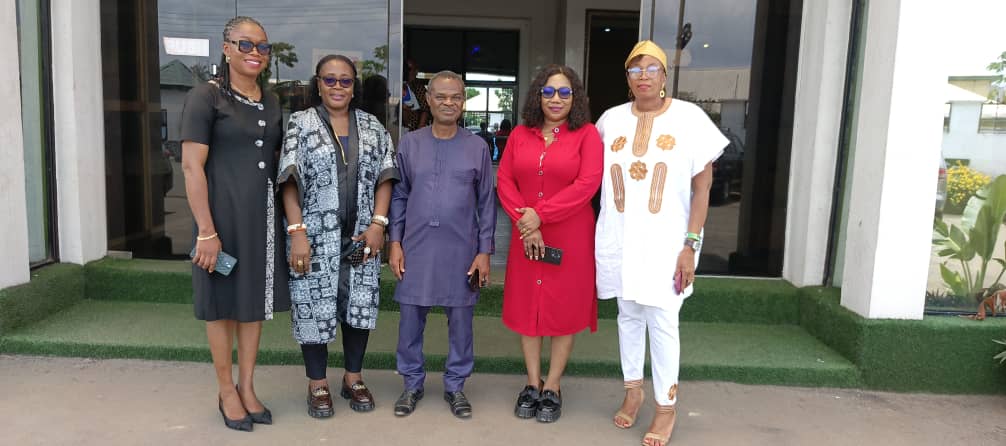The Abia State Government has taken a significant step in its fight against HIV/AIDS by hosting a high-level sensitization meeting to kickstart the development of a new HIV/AIDS Strategic Plan for the period 2025–2027. The meeting, held in Umuahia, brought together key stakeholders to lay the groundwork for a comprehensive, data-driven, and inclusive response to the epidemic.
Speaking at the event, the Honourable Commissioner for Health, Prof. Enoch Ogbonnaya Uche, described the initiative as a timely and proactive move to strengthen the State’s healthcare system and reduce the impact of HIV/AIDS.
“The sensitization meeting is the first critical step in the development of a comprehensive roadmap that will guide our HIV/AIDS response over the next three years. Our objective is to craft a strategy that addresses existing gaps while aligning with national and global goals,” Prof. Uche stated.
He emphasized that the new plan would be anchored on data, innovation, and collaboration, ensuring that voices from all sectors including healthcare providers, civil society, and international partners are heard.
In her presentation, the Director General of the Abia State Agency for the Control of AIDS (ABSACA), Dr. Uloaku Emma-Ukaegbu, provided an overview of the HIV landscape in Abia, noting a gradual decline in prevalence. However, she highlighted persistent challenges such as stigma, inadequate access in rural areas, and limited funding.
“The 2025–2027 Strategic Plan must be people-focused and responsive. We are determined to increase access to testing, prevention, treatment, and support services, especially for vulnerable and at-risk populations,” she said.
Dr. Mrs.Miriam Ezekwe, Deputy Director Head Policy division National Agency for the Control of HIV/AIDS, commended Abia State’s leadership and underscored the importance of aligning State-level initiatives with the national HIV/AIDS response.
“This process is timely and critical. A well-articulated Strategic Plan helps states attract funding, coordinate responses, and ensure no one is left behind in our journey to end AIDS as a public health threat by 2030,” Dr. Ezekwe said.
The lead Consultant facilitating the development of the plan, Associate Professor Ugochukwu Onyeonoro, emphasized the participatory nature of the process and the need for stakeholder input throughout all stages.
We are employing a collaborative model that ensures this plan is not developed in isolation. The voices of people living with HIV, healthcare workers, and local communities must be heard and reflected in the final document,” he said.
According to Prof. Onyeonoro, the planning process will include stakeholder consultations, data collection, situational analysis, and the drafting and validation of the final strategic document. The plan will outline key interventions in prevention, treatment, care, advocacy, and monitoring.
Participants at the meeting expressed their support for the initiative and called for full inclusion of community voices, the elimination of stigma and discrimination, and the expansion of youth-focused HIV education and prevention strategies.
With this meeting, Abia State reaffirms its commitment to ending the HIV/AIDS epidemic and ensuring no one is left behind in the pursuit of universal health coverage.
The sensitization meeting drew a wide array of stakeholders, including representatives from the Ministry of Health, ABSACA, NACA, Civil Society Organizations, People Living with HIV (PLHIV), Youth Groups, Religious Leaders, NEPWHAN, the KP Secretariat, SAPC, CBOs, CCFN, AYPIN, FIDA, and Development Partners.
With this meeting, Abia State reaffirms its commitment to ending the HIV/AIDS epidemic and ensuring no one is left behind in the pursuit of universal health coverage.

























